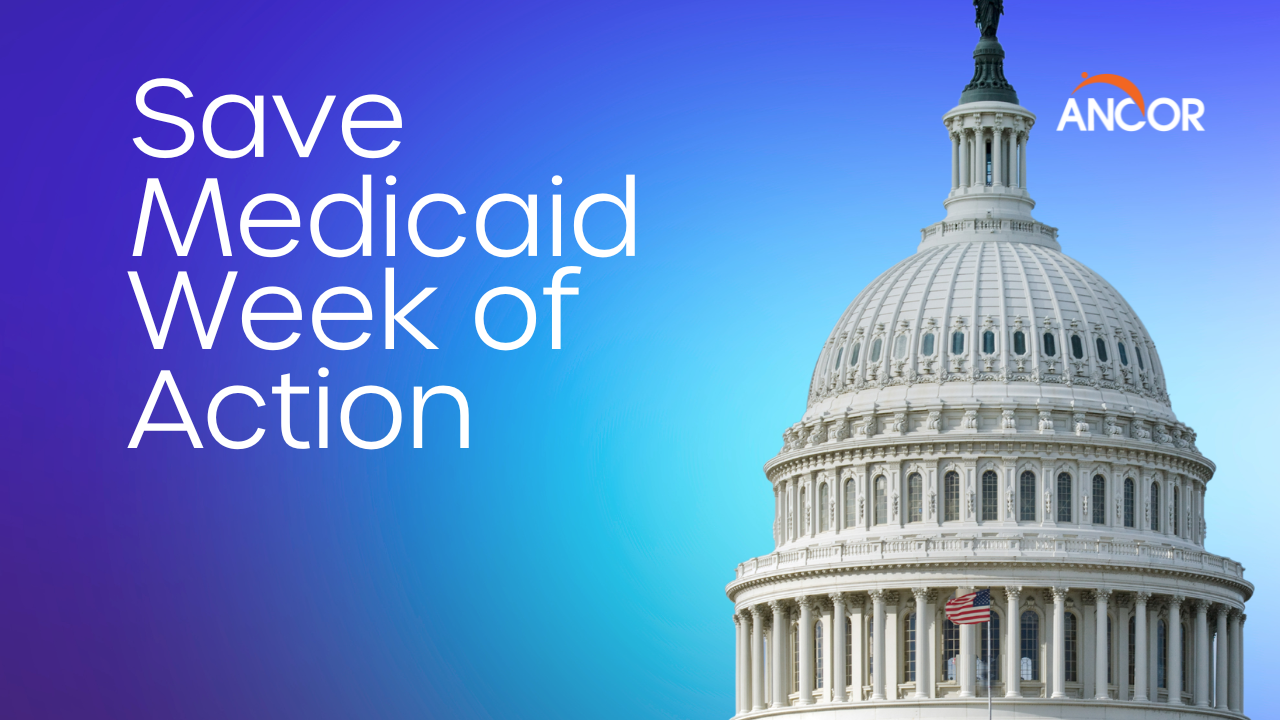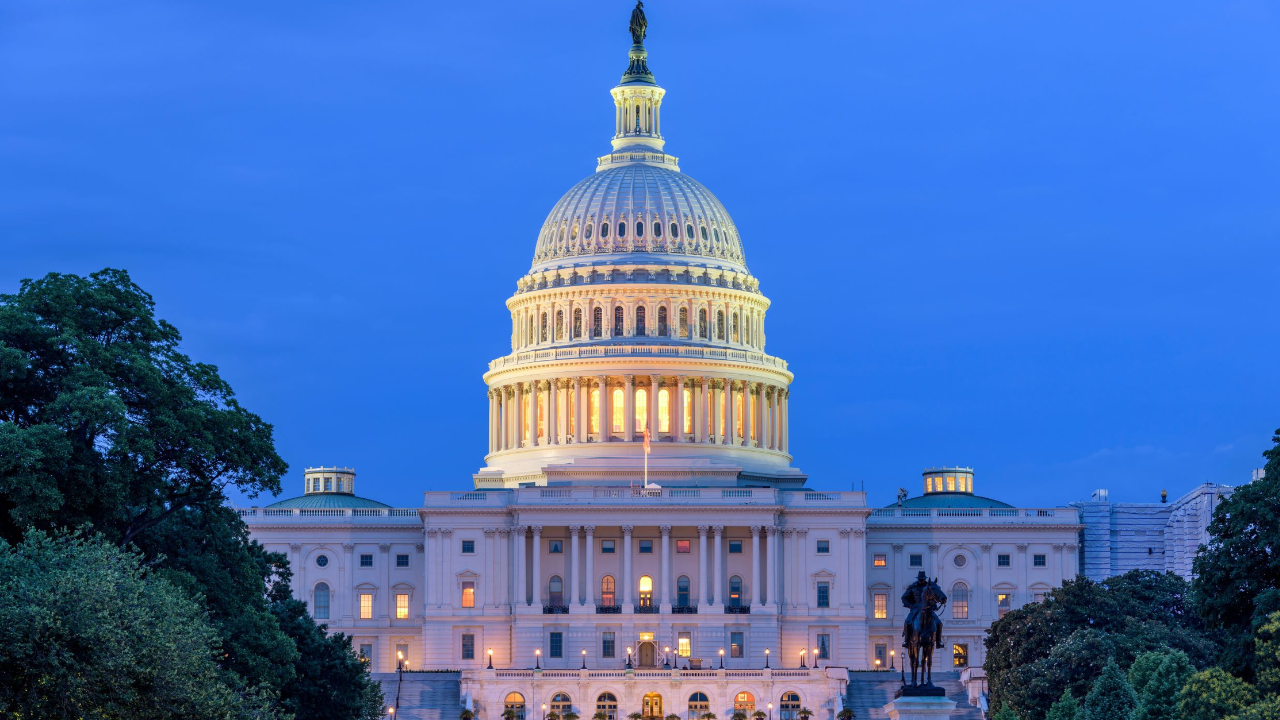Connections - 11.30.21
Why the American Rescue Plan Matters to You Now
Share this page
Stay Informed on the Latest Research & Analysis from ANCOR
More News
Connections - 03.11.25
Reflecting on the Success of Our National Week of Action to #SaveMedicaid

Capitol Correspondence - 03.11.25
Oz to Face Senate Finance Committee for CMS Confirmation Hearing
Capitol Correspondence - 03.11.25
House Republicans Unveil Continuing Resolution as Deadline Approaches



 Over the past several months, there has been a lot of discussion about a provision of the American Rescue Plan signed into law in March 2021 that increased funding for home- and community-based services (HCBS) for people with disabilities. But exactly what does this additional funding entail?
Over the past several months, there has been a lot of discussion about a provision of the American Rescue Plan signed into law in March 2021 that increased funding for home- and community-based services (HCBS) for people with disabilities. But exactly what does this additional funding entail?